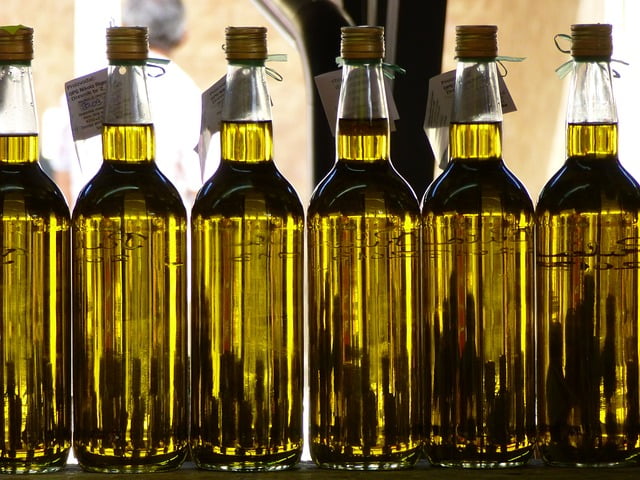Olive oil has long been revered as a culinary delight and a key component of a healthy diet. But with countless brands and varieties available on the market, how do you navigate the vast landscape to find the best olive oils in the world? Embarking on this journey requires an understanding of what sets exceptional olive oils apart from the rest. From the cultivation of olives to the pressing techniques and flavor profiles, let’s explore the criteria that define the finest olive oils and guide you in your quest for excellence.
- Origin Matters: The first step in finding exceptional olive oils is to focus on their origin. Different regions produce olives with distinct flavors and characteristics. Countries such as Italy, Spain, Greece, and Portugal have long-standing traditions of olive oil production and are renowned for their high-quality oils. Within these countries, specific regions and even individual farms can yield exceptional olive oils with unique flavor profiles.
- Quality Standards: Look for olive oils that meet rigorous quality standards. Extra virgin olive oil (EVOO) is the highest grade, obtained through a process that involves cold pressing of olives without the use of heat or chemicals. It should have low acidity (below 0.8%) and exhibit flawless taste and aroma. Look for certifications such as the European Union’s Protected Designation of Origin (PDO) or the North American Olive Oil Association (NAOOA) seal to ensure the oil’s quality and authenticity.
- Harvest and Extraction: The timing of olive harvest and the extraction process significantly impact the flavor and quality of the oil. Olives should be harvested at the optimal ripeness, usually when they are transitioning from green to purple. Timely harvest ensures a balanced flavor profile with desirable fruity, grassy, or peppery notes. The olives should be promptly pressed after harvest to preserve their freshness and maximize the quality of the oil.
- Taste and Aroma: The flavor profile of olive oil can vary greatly depending on the type of olives, the terroir, and the production methods. The best olive oils exhibit a harmonious balance of flavors, including fruitiness, bitterness, and pungency. Fruitiness can range from green and herbaceous to ripe and fruity. Bitterness is a desirable attribute that adds complexity to the oil, while pungency provides a peppery or spicy sensation in the throat.
- Awards and Recognitions: Pay attention to olive oils that have received awards and accolades from prestigious competitions and industry experts. These recognitions highlight the exceptional quality and craftsmanship of the oils. Look for olive oils that have been recognized at competitions such as the New York International Olive Oil Competition, the Los Angeles International Extra Virgin Olive Oil Competition, or the Olive Japan International Extra Virgin Olive Oil Competition.
- Single Estate and Artisanal Producers: Consider exploring olive oils from single estate or artisanal producers. These small-scale producers often prioritize quality over quantity and employ traditional, sustainable practices. Their attention to detail and hands-on approach throughout the cultivation and production process can result in extraordinary oils with exceptional flavors and complexities.
- Personal Taste: Finally, remember that taste is subjective. The best olive oil is one that suits your palate and culinary preferences. Experiment with different varieties and flavor profiles to discover your personal favorites. Some oils may be better suited for drizzling over salads or finishing dishes, while others may shine in cooking or dipping.


